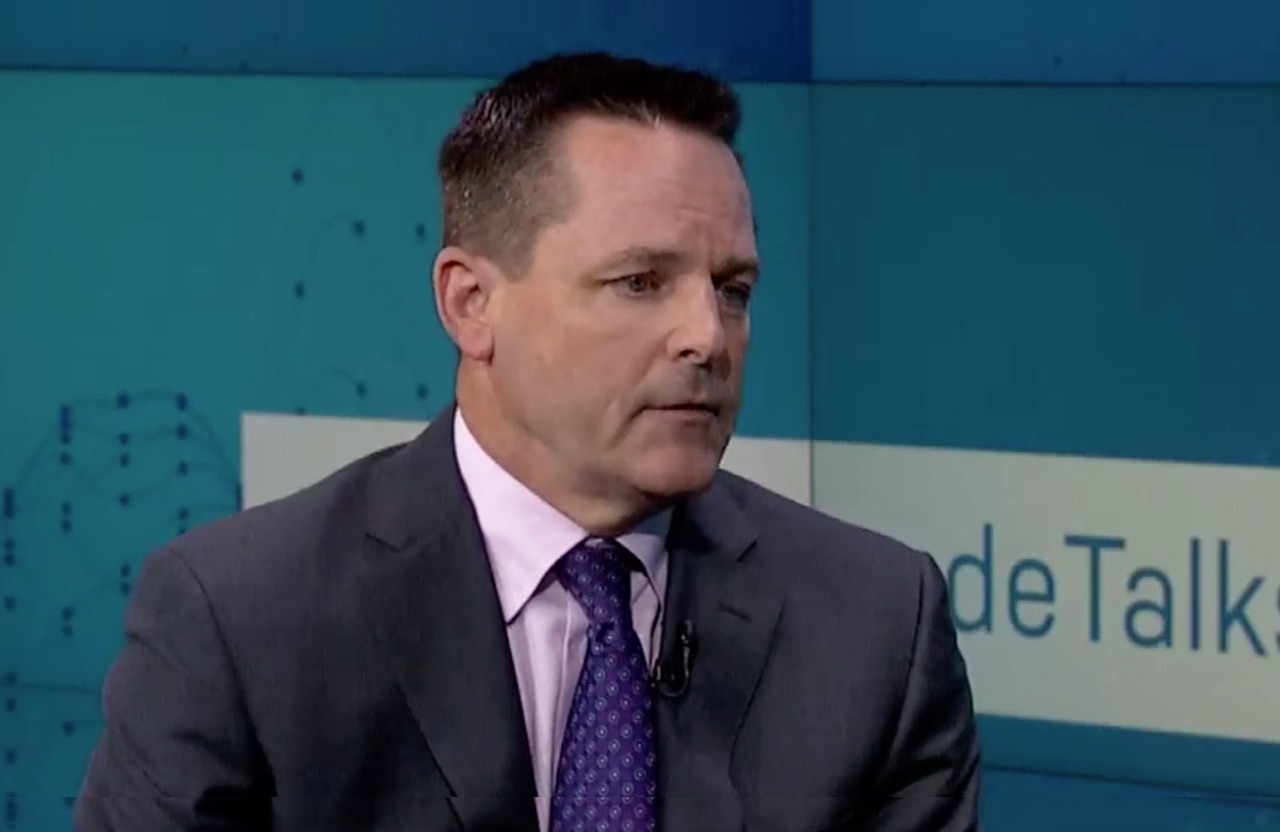Another key takeaway from the three days was a session on network effects. Martin McCann, CEO of Trade Ledger, Evgenia Plotnikova, Principal VC at Dawn Capital and Tide CEO Oliver Prill gathered on the Strategy Stage to discuss the importance of network effects in financial services: the types that can be generated, challenges related to exporting across geographies and more.
The three echoed Kanishka Bhattacharya’s comments on data as a barrier to development of network effects across banking, tech and investment.
For Martin McCann at Trade Ledger, the first issue is having enough quality data that allows innovation to flourish, alongside solving trust issues on both sides of the network. For Oliver Prill at Tide, having the data is not enough to generate network effects—it’s about what the user adds to the data. Taking this further, Evgenia Plotnikova from the VC perspective, sees great product as crucial. Network effects can just as easily be accelerated by poor products but only those businesses that understand and capitalise on their place in the value chain, leveraging their data for specific purposes and audiences, will be around for the long haul.
In his keynote address on the Welcome Stage, Matt Locsin, Publicis Sapient’s Head of Innovation, also touched on network effects, discussing the relevance and effectiveness of platforms and what banks need to do to thrive in an age of disruption. Matt explored the subject in more detail in a recent article.
Our final big takeaway from FinTECHTalents 2019 was from the session, Digital Transformation—getting it done. Speakers, including Jamie Broadbent from RBS International and Roberta Profeta from Intesa Sanpaulo, debated the future of legacy banks, the true value and impact of challengers and the essential relevance of banks as a thing. Despite the various conflicting views—expressed passionately at times—all agreed that change is inevitable, with digital business transformation playing a key role in determining the way forward.










